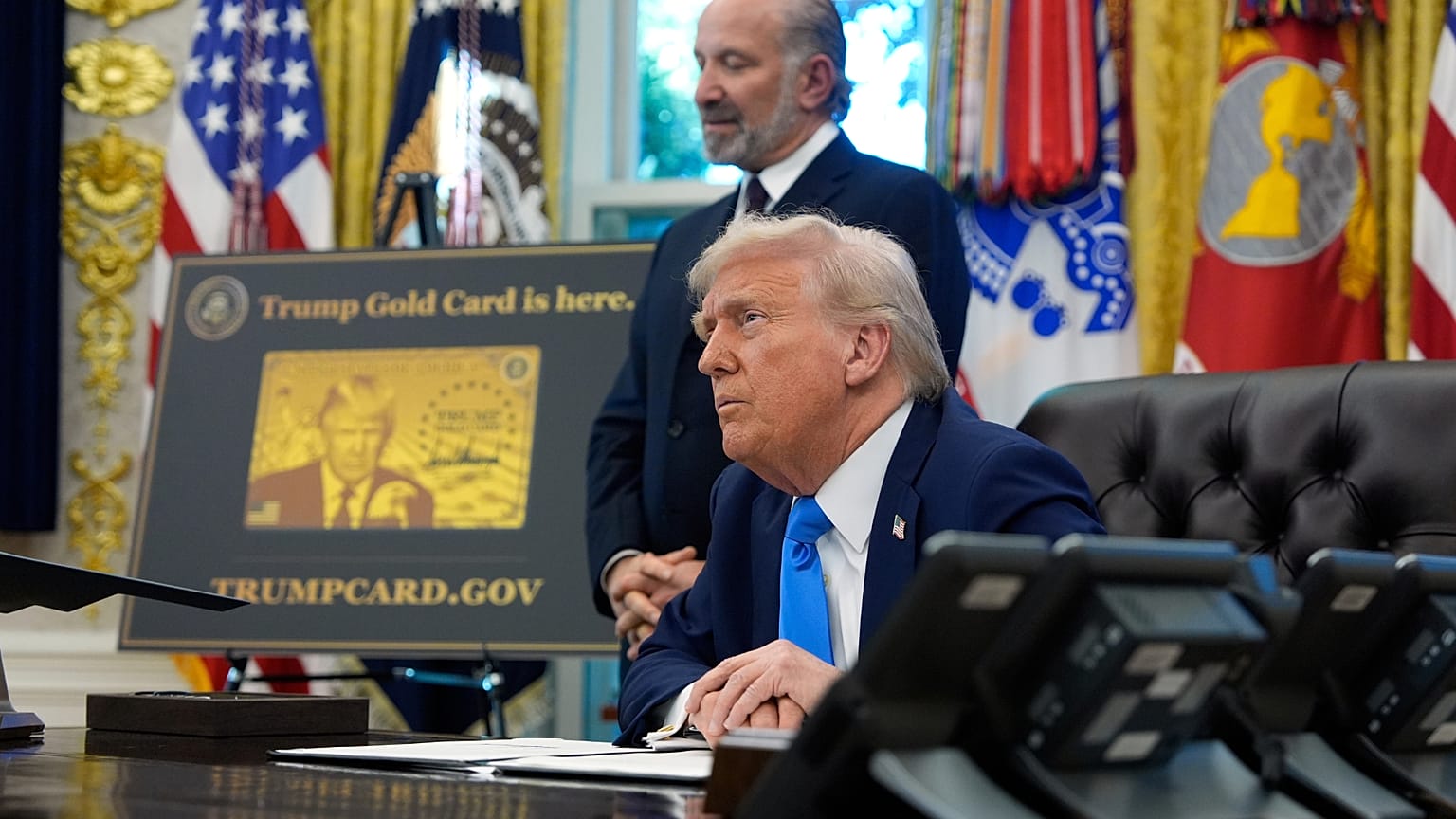The US tech giants Amazon, Meta, Apple, and Google employ thousands of people through the H-1B visa.
Major tech players including Meta, Apple, and Google will be the most affected by US President Donald Trump’s recent H-1B visa changes.
Trump announced on Friday that his administration will impose a $100,000 fee (€85,600) on new H-1B visas, prompting technology companies such as Amazon and Microsoft to reportedly warn employees on these visas to stay in the United States because travel could jeopardise their status.
H-1B visas are traditionally issued for three years to highly-skilled, highly-educated foreign workers who want to “perform services in a specialty occupation,” according to the US government.
Nearly 400,000 of these visas were approved in 2024, according to a study by the Pew Research Center.
According to immigration data from the US government, Amazon received the highest number of H-1B visas in 2025, with about 10,000 approvals for its headquarters in Virginia, followed closely by Indian technology company Tata Consultancy Services with about 5,500 approvals in Maryland.
Microsoft followed nearly 5,200 permits approved for Washington state, then Meta with more than 5,100, Apple with about 4,200, and Google with nearly 4,200 – all in the state of California.
Pew found that 75 per cent of approved H-1B visa applications go to Indian nationals, with nearly 17,400 approved in January 2025 alone. China is the second-most popular country of origin for H-1B visa holders, with nearly 3,000 approvals in January. It accounted for 12 per cent of H-1B workers in 2023.
India’s external affairs ministry said on Saturday that the H-1B restrictions will likely have “humanitarian consequences by way of the disruption caused for families,” adding that it hopes the US government will address them “suitably.”
UK, China adapt visa conditions for science workers
Other countries, including the United Kingdom and China, have already taken steps to address what could be a major shift in where technology specialists decide to live and work.
The Financial Times reported Monday that UK Prime Minister Keir Starmer’s government is considering dropping visa fees for top global talent that have attended the world’s top five universities or have won prestigious prizes.
The UK is working on a “global talent task force,” to attract the world’s best scientists, academics, and digital experts in a bid to drive economic growth, the FT reported.
Last month, China announced a new “K visa” that will soon be available for young science and technology workers who have a bachelor’s degree in one of the STEM fields: science, technology, engineering, or mathematics.
Effective October 1, the K visa aims to offer “greater convenience,” compared to other types of visas, including the number of re-entries, validity period, and the length of stay, according to a government press release.
It also does not depend on an invitation from a Chinese employer, which the government says will make the application process more “convenient”.
Once in China, professionals there can “engage in educational, scientific, and cultural exchanges,” while also starting their own companies or business activities.
Meanwhile in May, the European Commission launched a “Choose Europe” campaign to draw US scientists who feel threatened by the Trump administration. The campaign promises to give academics financial incentives, longer contracts, less red tape, and a legal commitment to respect their freedom of research.
Experts previously told Euronews Next that European employers will need to offer higher wages, housing assistance, and more benefits to attract workers who might otherwise choose the US.


















